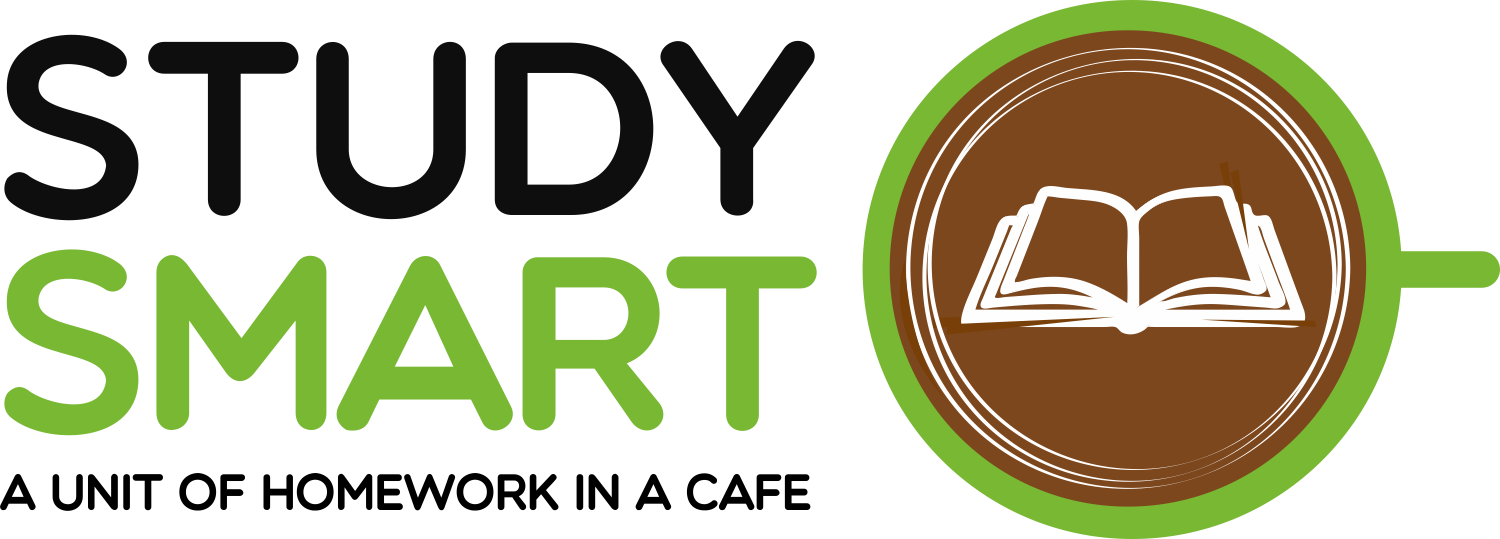Children with ADHD require a balanced approach of support, guidance, and resources. Too much assistance can breed feelings of dependence and resentment, while too little support can lead to frustration and failure.
The key to success is to provide just enough guidance and resources to challenge your child without overwhelming them. Here are some assertive tips to help you achieve this:
- Identify your child’s strengths and weaknesses: This will help you tailor your support and guidance to their specific needs.
- Set realistic expectations: Don’t expect your child to do things that they are not yet capable of. Instead, set achievable goals and celebrate their progress along the way.
- Break down tasks into smaller steps: This is particularly helpful for children with ADHD, who may have difficulty with planning and organization.
- Use visual reminders and cues: Many children with ADHD respond well to visual cues like checklists, calendars, and other reminders that help them stay on track.
- Offer frequent breaks: Children with ADHD often struggle to focus for long periods of time, so offering regular breaks can help them recharge and stay engaged.
- Provide positive reinforcement: Praise your child when they succeed to build their confidence and motivate them to continue working hard.
It is crucial to find adequate help and support for children with ADHD and their families. Fortunately, there are several resources available that can provide assistance in managing ADHD. Below are some of the resources for children with ADHD that you should utilize:
- Professional Help: If you suspect that your child has ADHD, it is imperative to talk to their pediatrician or a mental health professional. They can assess your child’s needs and recommend appropriate treatment and support.
- Support Groups: Support groups provide a safe and supportive environment for children with ADHD and their families to connect with others who have similar experiences. Being part of a support group can help families cope with the challenges of managing ADHD.
- Personalized tutoring: Tutoring can be a valuable resource for children with ADHD. Tutors can provide one-on-one attention, which can help children to stay focused and engaged. Tutors can also help children with ADHD to develop effective study habits and organizational skills.
When it comes to balancing support for a child with ADHD, you need to be firm and assertive. It’s important to stay patient and flexible, but also remember to take charge and make decisions that work best for your child and family. Don’t be afraid to experiment with different approaches until you find the one that works. Always keep in mind that your ultimate goal is to help your child reach their full potential. Provide them with the right guidance and resources, and don’t settle for anything less than success.
In Homework in a Cafe we are also ready to support you and your child to overcome any struggle you or your child might be facing! Contact us now.
Do you follow us on Social Media? 


